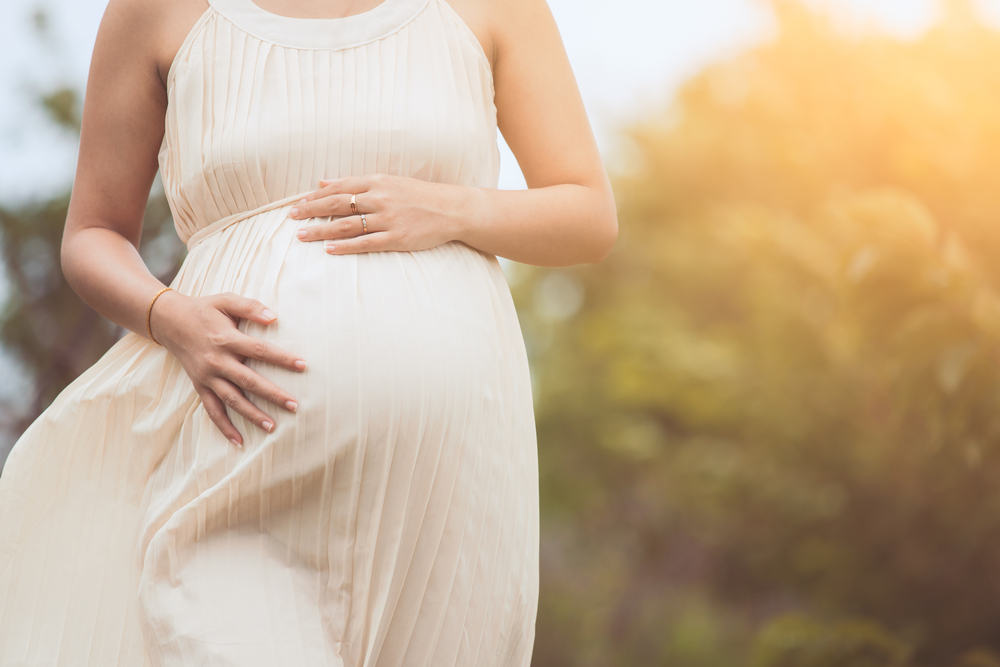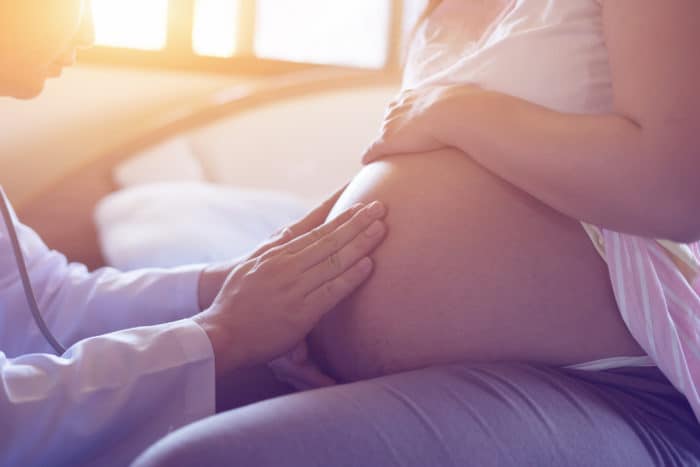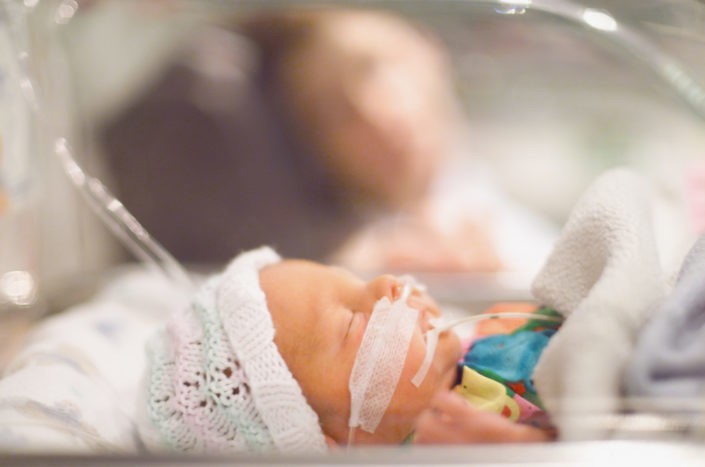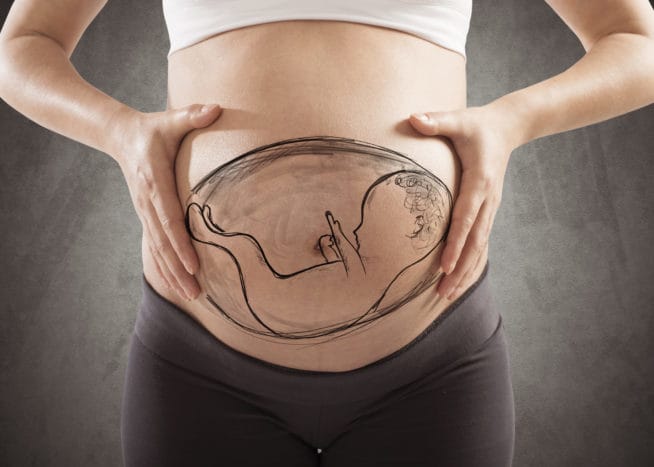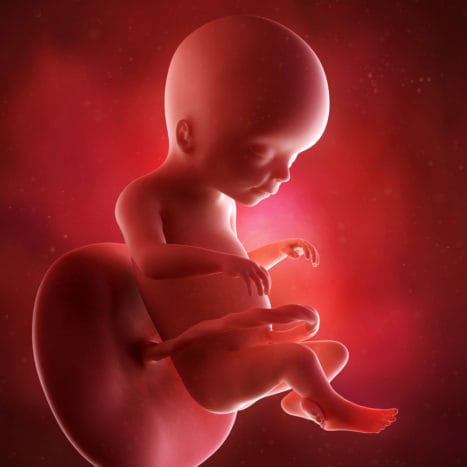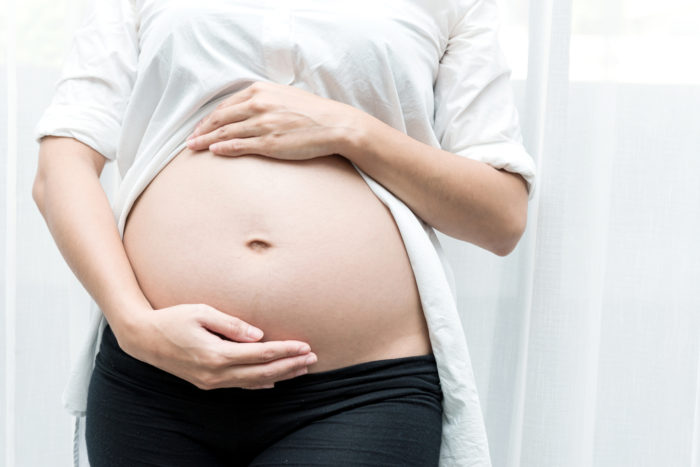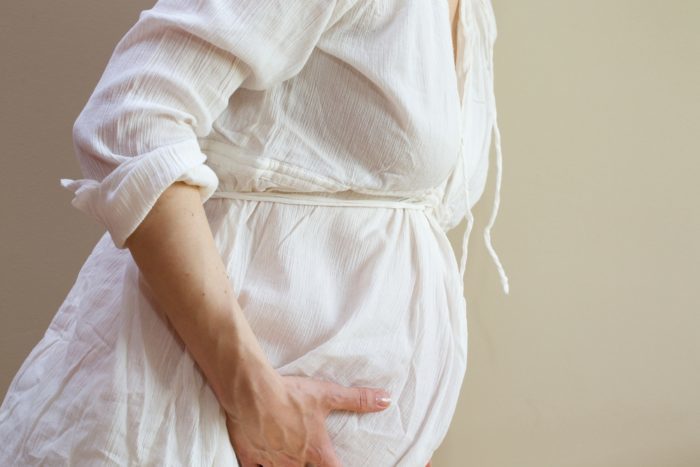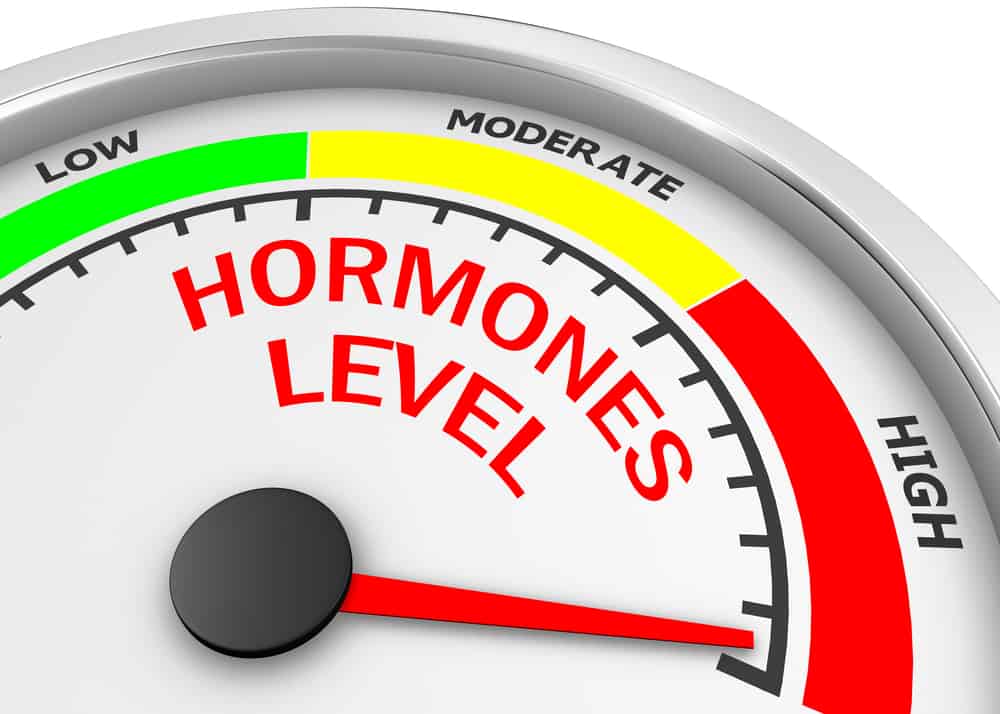Contents:
- Medical Video: 10 Warning Signs Your Heart Isn't Working Properly
- Conditions to watch out for during the third trimester of pregnancy
- 1. Gestational diabetes
- 2. Preeclampsia
- 3. Premature birth
- 4. Problems with the placenta
- 5. Babies fail to grow or Intraurine growth restriction (IUGR)
- 6. Postterm pregnancy
- 7. Premature rupture of membranes
Medical Video: 10 Warning Signs Your Heart Isn't Working Properly
The third trimester is a time of anxiety in pregnancy. Besides feeling happy because time to meet your little one is getting closer, this period is also the most vulnerable. Because, during the third trimester of pregnancy, the womb is susceptible to various problems, disorders, and complications.
Conditions to watch out for during the third trimester of pregnancy
Quoted from Healthline, here are a variety of conditions to watch out for when you're in your third trimester:
1. Gestational diabetes
Gestational diabetes is a hormone change that causes insulin not to work properly. When insulin does not do its job properly, the blood sugar levels in the body will be higher than normal.
Usually this condition first appears at the 20th week of pregnancy or in the second trimester and will continue to develop until the third trimester. However, usually this condition will soon disappear after giving birth. Even so, mothers need to consult a doctor if they experience this disorder.
Because, gestational diabetes can increase the risk of caesarean birth and birth injury. For this reason, when entering the third trimester, which is between the 24th and 28th week, you should take a gestational diabetes test.
To overcome this, you can make dietary changes by reducing carbohydrate intake and increasing fruit and vegetables. In addition, the doctor will also recommend you to do light exercise such as walking relaxed and giving certain drugs if needed.
2. Preeclampsia
Preeclampsia is a condition when the mother's blood pressure exceeds the normal level which is also characterized by the presence of protein in the urine.
In addition, pregnant women who have preeclampsia will experience sudden excess weight gain, easy bruising, headaches that never go away, blurred vision, and swelling in some parts of the body other than the feet.
Usually, the treatment of preeclampsia will depend on the condition of each mother. You still need to be vigilant because even if you appear during pregnancy, this condition can continue until after giving birth.
In addition, people with preeclampsia if not treated will be at risk for eclampsia (seizures during pregnancy), kidney failure and death in infants and mothers. You will also be more susceptible to preeclampsia in your next pregnancy. So, make sure you consult a doctor if you want to plan your next pregnancy
3. Premature birth
Premature birth is one condition that needs to be watched out by mothers during their third trimester of pregnancy. Usually the condition occurs when you experience a contraction that causes the cervix to open too quickly, that is before pregnancy enters the 37th week.
Even though all women have this risk, but having twins, having excess amniotic fluid, having an infection in the amniotic sac, and having a premature birth can increase your risk of experiencing this.
In addition to early contractions, the mother will usually experience diarrhea, tightness in the lower abdomen, vagina as depressed, and vaginal bleeding. Therefore, immediately consult a doctor if you experience these symptoms.
Medications such as magnesium sulfate can usually help prevent premature birth. The goal, of course, is that all the organs of the baby develop perfectly before birth.
4. Problems with the placenta
The placenta is a channel for supplying oxygen and nutrients from mother to baby. The placenta is then connected to the baby through the umbilical cord. When experiencing problems such as placenta previa and placental abruption, the pregnancy will also be disrupted.
Placenta previa is a condition when part or all of the baby's placenta covers the mother's cervix or the way out is born. As a result, the mother will experience severe bleeding during pregnancy and childbirth. If this condition does not improve before birth, the doctor will usually recommend you to have a caesarean section.
Meanwhile, placental abruption is a condition when the placenta is released prematurely. The loose placenta cannot stick back. As a result, the supply of oxygen and nutrients to the baby becomes hampered and the mother will experience severe bleeding.
Both of these conditions will harm the mother and fetus if left unchecked. Therefore, again you need to routinely consult the condition of pregnancy when entering the third trimester.
5. Babies fail to grow or Intraurine growth restriction (IUGR)
Intraurine growth restriction (IUGR) is a condition when the baby in the womb fails to grow and develop properly. So at birth, babies born with low birth weight. This condition generally occurs because the placental tissue is not functioning properly. As a result, oxygen and nutrient intake is reduced and inhibits baby's growth.
In addition, smoking, drinking alcohol, infections that the mother has, high blood pressure, and certain drugs can also trigger this condition. Therefore, you need to diligently do ultrasonography (USG) when entering the third trimester to check the baby's condition regularly.
6. Postterm pregnancy
Contrary to preterm birth, postterm pregnancy is a condition when the baby is not born until he is 42 weeks old. This condition is very dangerous to the fetus and can even cause death.
The placenta is only designed to work for approximately 40 weeks. Afterwards, the placenta will not function properly. As a result, this condition can cause a decrease in amniotic fluid around the fetus and the supply of oxygen and food will stop.
If after reaching the age of 41 weeks you don't also experience contractions, the doctor will usually recommend induction labor. With induction, you will be stimulated to experience contractions so the baby can be born soon.
7. Premature rupture of membranes
Premature rupture of membranes or in medical terms is called premature rupture of membranes (PROM) can harm the fetus. This condition is quite common during the third trimester of pregnancy. Even though it is not known for certain, this condition is sometimes caused due to an infection of the membranes.
If you experience this, the doctor will usually recommend taking hospitalization. That way, your health condition and fetus are more monitored. In addition, doctors will also give certain medicines to help prevent labor.
However, if this condition occurs at a gestational age that has reached 34 weeks or more, you are likely to be recommended for premature delivery. Because the risk of preterm birth is smaller than the risk of infection that the baby will receive if it remains left in the womb.

